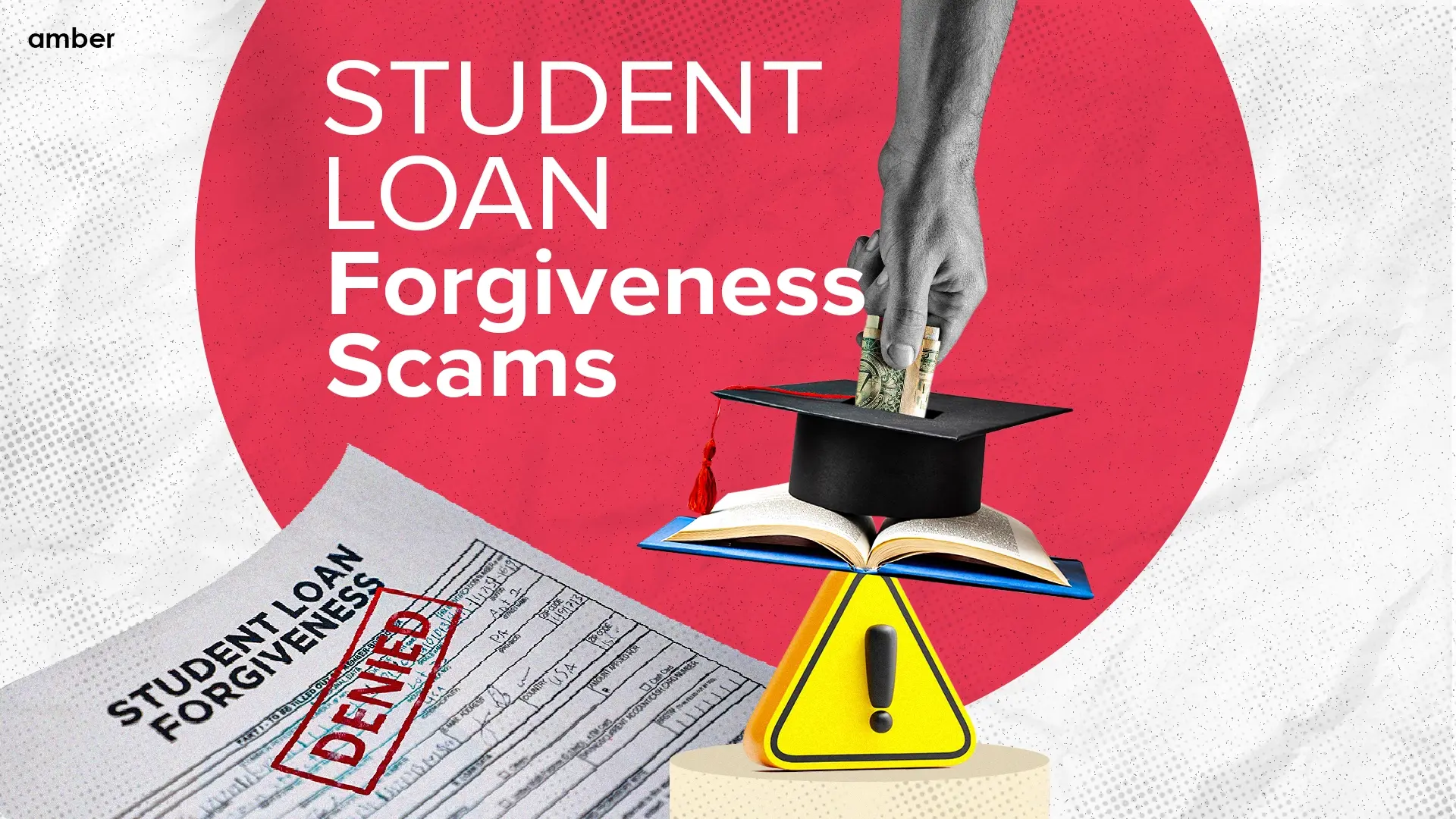In recent years, student loan forgiveness programs have become a critical part of the conversation surrounding the rising cost of higher education. While these programs are designed to provide relief for individuals burdened by student loan debt, unfortunately, they have also attracted a significant amount of fraudulent activity. Scammers are taking advantage of students and graduates who are desperate to have their loans forgiven by offering false promises and charging unnecessary fees. This article will help you understand the risks associated with student loan forgiveness scams, how to identify them, and what steps you can take to avoid falling victim.
What Are Student Loan Forgiveness Scams?
Student loan forgiveness scams are fraudulent schemes designed to deceive borrowers into paying for services that they could easily access for free or that do not exist. Scammers prey on individuals who are struggling to repay their student loans, offering them the illusion of loan forgiveness, debt consolidation, or other types of relief. These scammers often claim to be affiliated with government programs or private loan servicers, but in reality, they are just after your personal information and money.
Common Tactics Used by Scammers
- Unsolicited Calls, Emails, or Text Messages: One of the most common tactics used by scammers is unsolicited outreach. They might call, email, or text you, claiming to be from the U.S. Department of Education or another legitimate agency, offering loan forgiveness or consolidation programs. These communications often sound urgent, encouraging you to act quickly before the “offer” expires.
- Upfront Fees: Scammers often demand an upfront fee to process the loan forgiveness application or provide “exclusive” services. Remember, you should never have to pay for assistance with student loan forgiveness. Legitimate government programs do not charge fees for their services.
- Promises of Immediate Forgiveness: Scammers may promise that your student loans will be forgiven immediately or in a very short time frame, which is rarely the case. Most legitimate loan forgiveness programs require time and specific conditions to be met, such as employment in qualifying public service jobs for several years.
- Requests for Personal Information: Scammers may ask for sensitive personal information such as your Social Security number, bank account details, or Federal Student Aid (FSA) PIN. Giving out this information can lead to identity theft or unauthorized access to your accounts.
Warning Signs of a Student Loan Forgiveness Scam
- Pressure to Act Quickly: Scammers will often rush you, telling you that time is running out and that you need to act immediately. This creates a sense of urgency that may cloud your judgment.
- Promising Unbelievable Results: If it sounds too good to be true, it probably is. Legitimate student loan forgiveness programs have specific requirements and timelines, which scammers will often downplay or hide.
- Unlicensed Companies: Be cautious of third-party companies that claim to help you with student loan forgiveness. If they are not affiliated with the U.S. Department of Education or your loan servicer, they may not be trustworthy.
- Unclear Terms: Scammers may avoid providing you with clear, written documentation or terms and conditions about how their services work. If they won’t provide these details, it’s a red flag.
How to Protect Yourself from Student Loan Forgiveness Scams
- Know Your Rights and the Real Programs: The U.S. Department of Education and other official government agencies offer student loan forgiveness programs. These programs include Public Service Loan Forgiveness (PSLF), Teacher Loan Forgiveness, and Income-Driven Repayment Forgiveness. Be familiar with the requirements and timelines for these programs. Legitimate services do not require fees.
- Don’t Pay for Help: Never pay for help with loan forgiveness. If you need assistance, check with your loan servicer or visit official government websites such as StudentAid.gov. You can get information about your loans and forgiveness options for free. If anyone asks for a fee, walk away.
- Verify the Source: Scammers may claim to represent your loan servicer or the government, but you should verify the legitimacy of any outreach. Always contact your loan servicer directly using the contact information on their official website to confirm if an offer is legitimate.
- Avoid Giving Out Sensitive Information: Don’t share your Social Security number, bank account details, or FSA PIN with anyone unless you are absolutely sure they are legitimate and you understand why they need it. Scammers will often attempt to trick you into giving them this information under the guise of helping you.
- Be Cautious of Third-Party Companies: Be skeptical of any third-party companies that offer to help with student loan forgiveness. Many of these companies are not affiliated with the U.S. Department of Education. Stick to services provided directly by your loan servicer or government programs.
- Report Suspicious Activity: If you believe you have been targeted by a student loan forgiveness scam, report it to the Federal Trade Commission (FTC) or the Department of Education’s Office of Federal Student Aid (FSA). They can investigate and help protect others from falling victim to the same scam.
Conclusion
Student loan forgiveness scams are becoming increasingly sophisticated, but with knowledge and caution, you can protect yourself from falling victim. Always verify offers through official channels and never pay for services that should be free. Stay informed about the legitimate student loan forgiveness options available to you and remember: if something sounds too good to be true, it probably is.
By following these guidelines, you can help ensure that you’re making the right decisions regarding your student loans and avoid scams that seek to take advantage of you during a difficult financial time.














